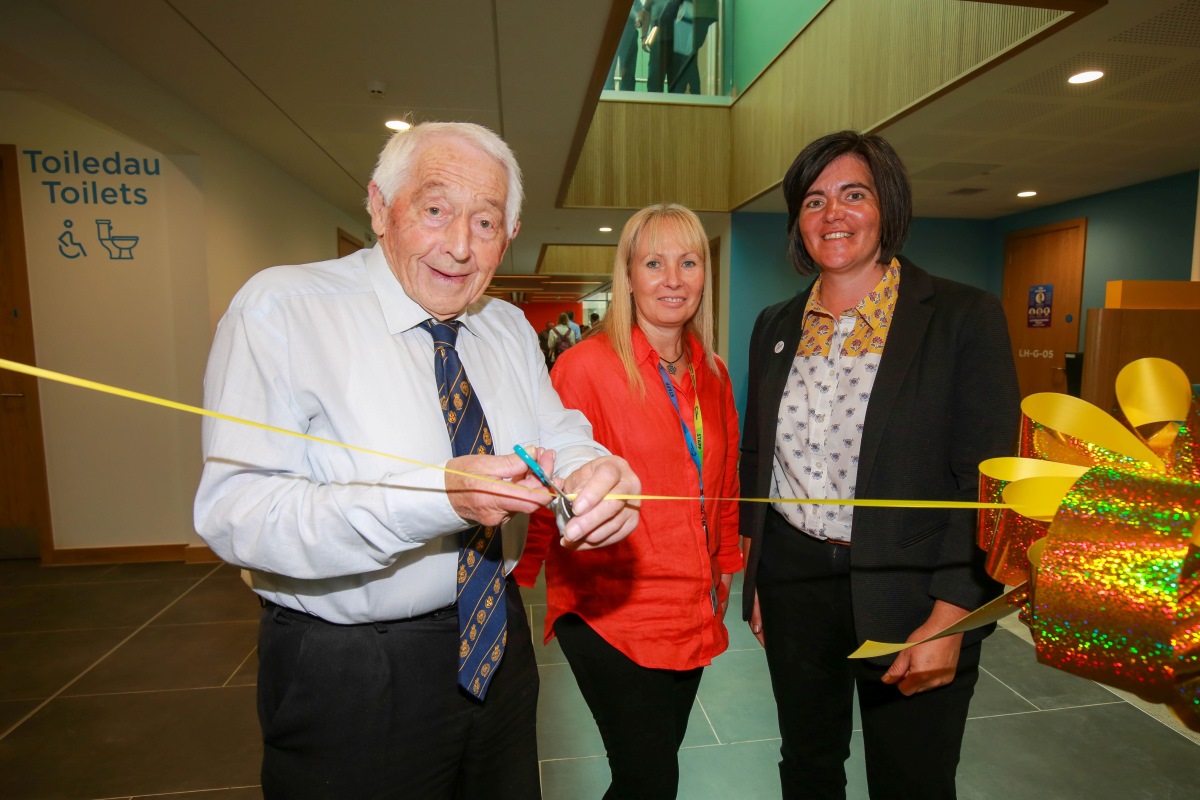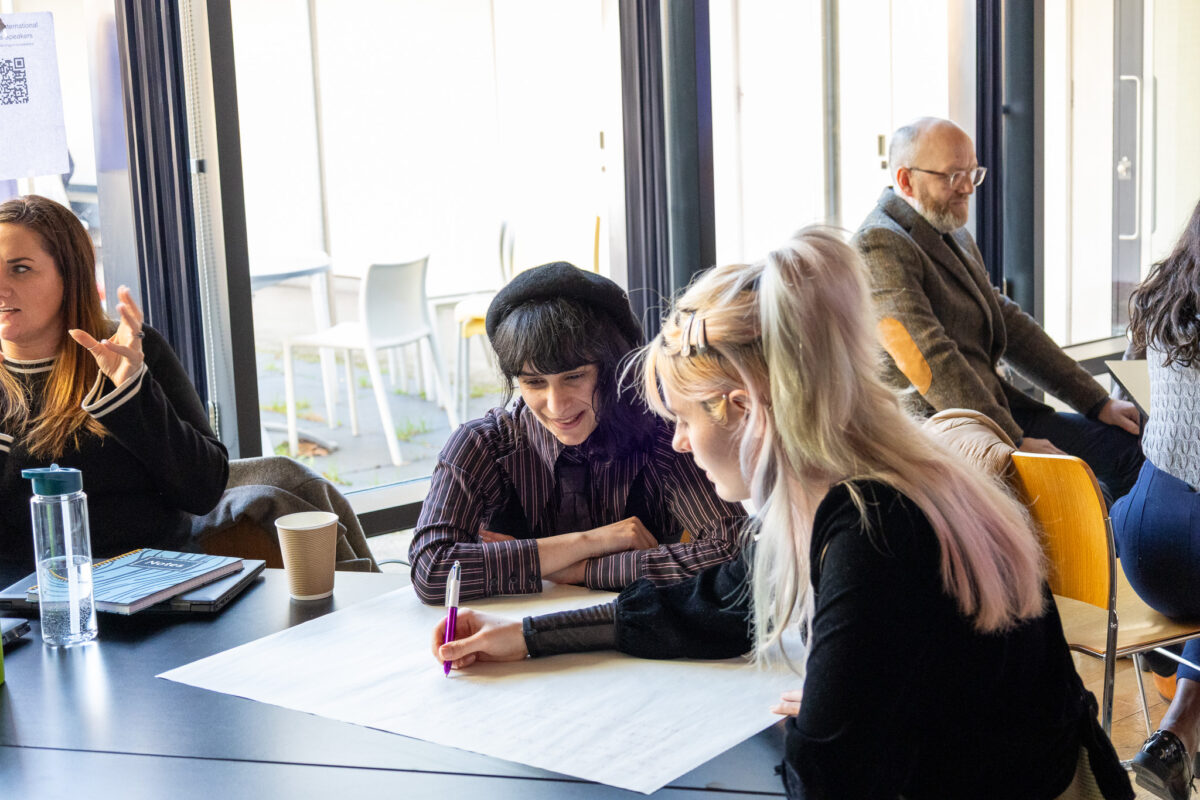New report helps steer education providers to a cleaner, greener future

The UK’s edtech body for tertiary education, Jisc, has launched a report that examines the impact of digital technology on the environment and offers practical steps that colleges and universities can take on their journey towards carbon net zero.
Written by independent technology analyst Scott Stonham, the report, Exploring digital carbon footprints, aims to support IT and technology leaders in their decision-making.
The report highlights best practice around procurement, on-premise IT, cloud technologies and remote working, with an awareness of the cultural, economic and practical realities within the further and higher education sector.
The report was commissioned by MD of FE, skills and member support (FE and HE), Robin Ghurbhurun, who also has responsibility for Jisc’s external sustainability agenda. He said:
“The increasing use of digital technology in education has many benefits, but it’s important that we recognise and try to mitigate its contribution to climate change. Every email, video call and social media post, every piece of content we download, and all the time we work or study on our devices, adds to the world’s carbon load.
“It’s our responsibility to reduce the impact on the environment as individuals and collectively through the organisations where we work and study.
“Not least because of pressure from students – the first generation that has grown up with the climate crisis – the issue has become a strategic priority for colleges and universities. Many already have sustainability plans in place, with measures and targets; but others are less advanced on that journey and need support.
“My hope is that Jisc’s new report will help inform and steer colleges and universities towards delivering a cleaner, greener environment for staff, students and their wider communities.”
While the report covers long-term strategies for change, there is also a list of quick wins in the report that could help make an immediate and near-term impact on digital carbon footprints. The suggestions are:
- Better understand differences in workstation power consumption when using video conferencing with and without video enabled by using plug-in smart sockets or energy meters.
- Monitor, measure and communicate energy usage between buildings, departments or labs.
- Conduct on-premises and cloud data usage audits to identify wasted data that can be eliminated.
- Communicate the carbon impact of social media use and encourage reduction in time spent endlessly scrolling through feeds, or even self-imposed ‘screen time’ limits for social media apps.
- Encourage Wi-Fi use across campus and remotely.
- Don’t ‘stand by’: turn off devices.
The report was unveiled on Friday at Jisc’s 50th Networkshop by Scott Stonham. In his keynote speech, Scott said:
“The key to improving our digital carbon footprint is in taking informed action, which requires awareness. This report aims to help build that understanding.”
The report can be downloaded here.











Responses